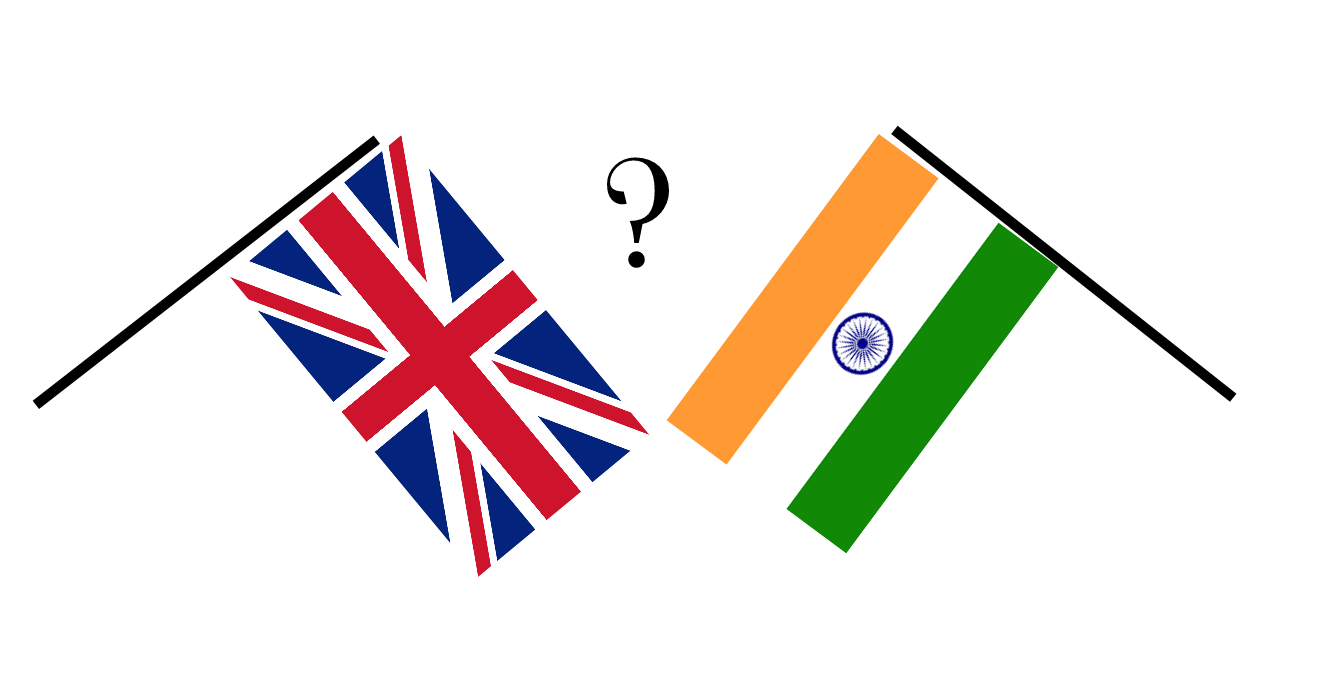Epigram is an independent and neutral newspaper, aiming to publish opinions from across the student body. To respond with an opposing opinion, please contact comment@epigram.org.uk or join our writers group
An anonymous author responds to the news that an 'Indian glamour' themed party was hosted by a UoB student.
It is the tangible ignorance in the throwing of a 'colonial' party that frustrates me the most. Or, at least, I hope it's ignorance - I suppose I am giving Mr Prosser the benefit of the doubt here, as I'd rather believe he is ignorant than think that he knowingly threw a party themed around oppression, violence and racism.
Here, some (or many) of you might be thinking: calm down a bit there mate, he only put a turban on and had a bit of a dance… surely bringing up violent, racist oppression is a bit melodramatic?
Latest from Epigram: Racism row as students hold "colonial themed" party https://t.co/vhMyhEG00C
— Epigram (@EpigramPaper) April 22, 2018
And here is where the ignorance comes into play. I have no issue with Mr Prosser's decision to don Indian dress for his party. I think we can all agree that it is some of the most beautiful, elegant clothing in the world, and someone who chooses to pay homage to that gets nothing but brownie points from me (pun not intended). An Indian themed party should be no less acceptable than any other theme; in my experience, white people truly do love Indian fashion and genuinely appreciate the chance to dress up in it. I'm proud of Indian culture (especially the food) and how much people enjoy it. I am not here to moan about 'cultural appropriation.' No - this party crossed a much more serious line.
"If he really knew the consequences of Britain's actions in India he would not make light of it for a birthday party"
The Facebook event description gives it all away: 'A Night at the Maharajah's Place', it begins. So far, so acceptable. But then, the phrase 'Indian glamour meets colonial chic' begins a steep decline that takes the situation from bad to worse. According to the description, the party was intended to be a 'throwback to the glory days of the early 20th Century'. Objectively, calling the colonisation of India Britain's 'glory days' is truly disgusting. Surely Mr Prosser must be ignorant of the realities of this period of history. If he really knew the consequences of Britain's actions in India - famine, systematic rape, over 14 million refugees, etc - he would not make light of it for a birthday party?
Let me illustrate my point slightly differently. The cabaret scene in interwar Germany, particularly Berlin, influenced forms of politically satirical cabaret that still exist today. Not only that - it was glamorous and hedonistic - just watch Liza Minelli's turn in 'Cabaret' (1972). Imagine a party - 'theme: 1920s Berlin' - fine, right? Now imagine the next sentence - 'Holocaust Haute Couture'. Obviously you're disgusted. Why, though, would this be so obviously unacceptable, but a 'colonial chic' party harking back to the 'glory days' be harmless?

Party goers don traditional Indian garments
And so the 'ignorance' argument rears its head again. It really does seem that people aren't quite as aware of the horrors of colonialism as they are of other historical events. Partially, I can't place the blame wholly on individuals here. Colonialist discourses are still pervasive publicly, in museums, in films and biopics, in romanticised period dramas and in curry houses. Our core education carefully skims over the gritty details of the British colonisation of the subcontinent (and Africa, and everywhere else).
One of the most upsetting things about this event has been listening to my friends defend it. It's during scandals like these that I am given a stark reminder that I am not as similar to my friends at this University as I would like to believe. My grandparents and great-grandparents experienced the horrors of partition first-hand: that is something that is ingrained in me. My peers seem much more flippant about it all. It's hard not to wince when they trivialise and play down hundreds of years of hegemony and oppression - something that seems to happen a lot. Another reason it is so upsetting is the disappointment I feel each time something like this happens. Why do we never learn?
"I have called Mr Prosser ignorant, but not a racist"
Finally, though, this fresh racism scandal brings up interesting questions about accountability and mistakes in the digital age. It has been made clear that Mr Prosser swiftly altered his event description, deleting the comments that explicitly referenced colonialism - presumably because he realised they were unacceptable. So should we still chastise him? Notice that I have called Mr Prosser ignorant, but not a racist. Clearly, he realised his error, and rectified it. Whether this was because he truly believed it was wrong, or he didn't want to be caught out… I don't know. I'll assume the best. But either way, should he really be punished, his name splashed across student media and his reputation smeared, even though he was aware of the problem and took steps to fix it?
If someone called Mr Prosser out on his original event description, should we not be happy he accepted that it was wrong - visible in its change? I question the intended outcomes of such leaks and scandals if we do not accept the efforts of the people in question to learn and change. Someone took a screenshot of the original description, and the rest is history. Speaking to The Tab, Mr Prosser said, 'When initially organising the event there may have been some suggestive links to what you are labelling it as, however this was never my intention and therefore I immediately removed these associations'. Whilst I feel that this downplays the original description ('may have been some suggestive links'), clearly he has done his due diligence.
"Just because a digital footprint is impossible to erase, should we lose the ability to forgive?"
It is confusing, then, to decide on my position on this matter. On the one hand, my gut tells me that I cannot condone anyone making light of the suffering and horror that has been historically documented in 20th Century India. On the other hand, I myself make mistakes and have previously held views which I have since educated myself about, now realising that I was once ignorant. Just because a digital footprint is impossible to erase, should we lose the ability to forgive? Should we give people one strike only, and refuse their attempts to grow and change?
This whole uni is so expired. A white boy really threw a part to celebrate the ‘glory days’ of colonialism. Not to mention the dress code was ‘colonial chic’ and what is bad and bhaji?😒😒😒😒https://t.co/TWcqqSEWJc pic.twitter.com/ujujyRd1bk
— Chanté 🇩🇲🇯🇲 (@ChantayyJayy) April 22, 2018
That does not seem very progressive to me. In such a fraught socio-political atmosphere, with divisions abound in societies around the world, I can't help feel that we should be seeking opportunities for unity rather than further tension. So Mr Prosser, your initial event theme was ignorant and hurtful, and this should not be understated. But I appreciate your attempts to rectify it, and I truly hope that you use this an opportunity to listen to the viewpoints of those you have hurt. Because Lord knows, actually listening to each other and engaging in respectful discussion is what we all need right now.









